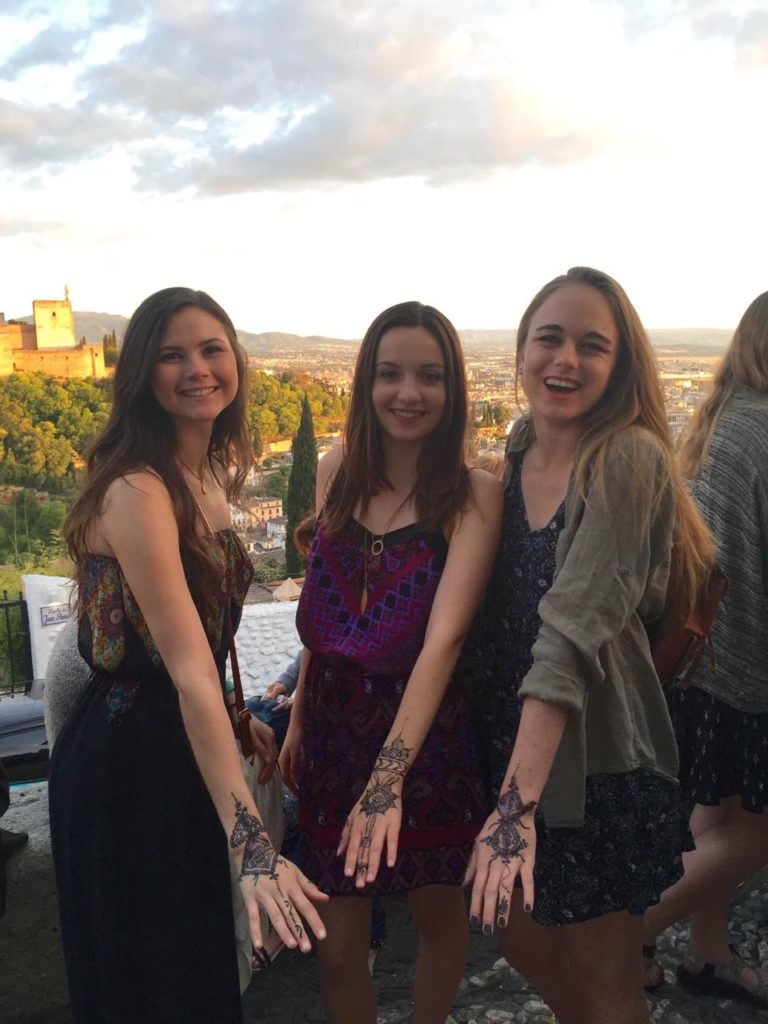By Lautaro Grinspan, news staff
Nearly every Northeastern student participating in a Dialogue of Civilizations program this summer knows Allison Traylor’s name. The senior political science and business administration combined major thrice reached out via email to students embarking on a dialogue to disseminate surveys for a research project, once before the month-long trip, once during it and once more after the trip’s completion.
The aim of her study, she said, is to understand how students grow and develop as a result of spending time abroad.
“We’re looking specifically at the development of students’ cross-cultural competencies, which measure how well a student is able to work in cross-cultural or international environments in relation to the quality of their experience while abroad and the development of their social network with others on the dialogue,” Traylor said.
To determine whether certain backgrounds could be more conducive to developing cross-cultural competencies than others, students were asked ahead of their trip for details like their country of origin, the number of languages they spoke and previous travelling experience.
While Traylor has yet to finish analyzing all the data collected, she already knows what use her results will have.
“The final product from my project will be an academic paper describing the project and my results […]” she said. “But I know that the results can have an even broader impact on campus … The results from this project will have implications that can help us understand how to design truly developmental experiences abroad for Northeastern students.”
Traylor’s inspiration for her research project came from a combination of academic interest and personal experience.
“The idea began with a curiosity about students studying abroad, and dialogues were logistically a great fit for the project,” she said. “I also traveled to India on a dialogue the summer after my freshman year, which gave me a lot of context for what those trips are like for students. It helped me adapt the language in the surveys based on the experiences I knew students would have.”
Although Traylor said she was “extremely happy” with the response rate, some students weren’t able to make time for the surveys while abroad.
“I didn’t do [the surveys] because the Internet sucked where I was and I didn’t really see how I would benefit from completing them,” said Phil Zeng, a senior mechanical engineering major who recently returned from the hydroelectricity dialogue in Tasmania, Australia. “For me, the overall positive effect that the survey would have just didn’t resonate from the emails that we got. And I had better things to do on dialogue in Australia than to do a student survey.”
Key figures supporting Traylor’s project include Northeastern professor Paula Caligiuri, an expert in the field of cultural agility. To measure students’ cultural competencies in her studies, Traylor used a tool developed by Caligiuri called the Cultural Agility Self Assessment, available to all online.
“CASA assesses the six most critical cross-cultural competencies of culturally agile professionals: Tolerance of ambiguity, perspective taking, cultural humility, resilience, relationship building and cultural curiosity,” Caligiuri said, adding that working professionals of all levels can use it.
After Traylor, a University Scholar, completes her project with a $5,000 grant from Northeastern’s Scholars Independent Research Fellowships (SIRF) program, she will be a part of this year’s Fall Scholars Research Symposium, where she will present her results.
Photo courtesy Amanda DeMonte















